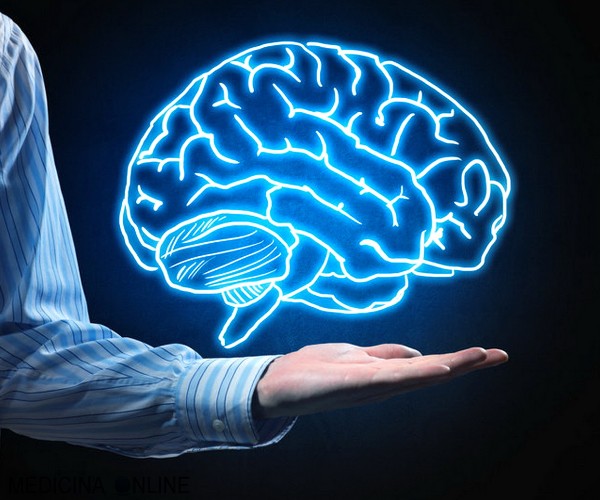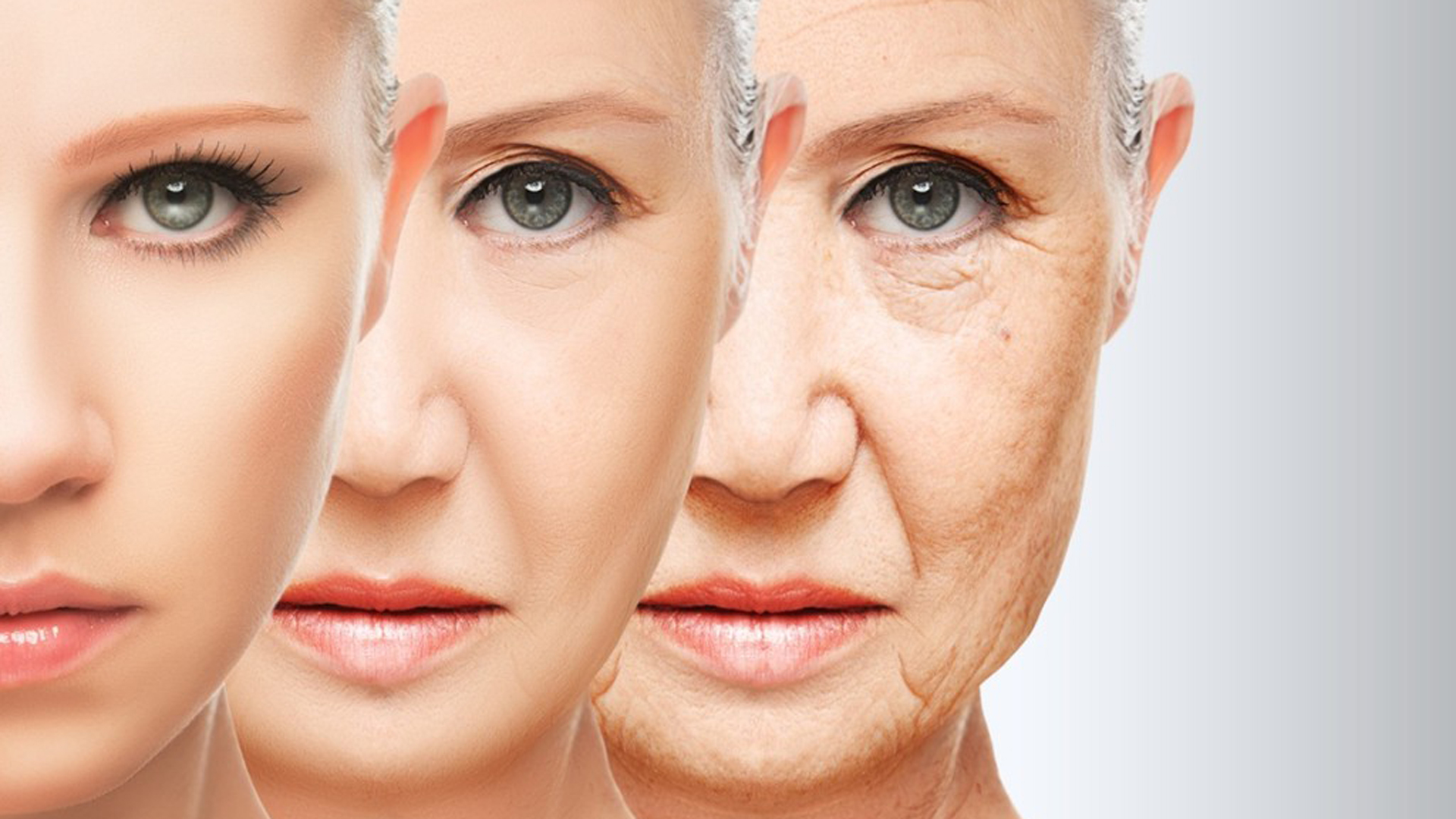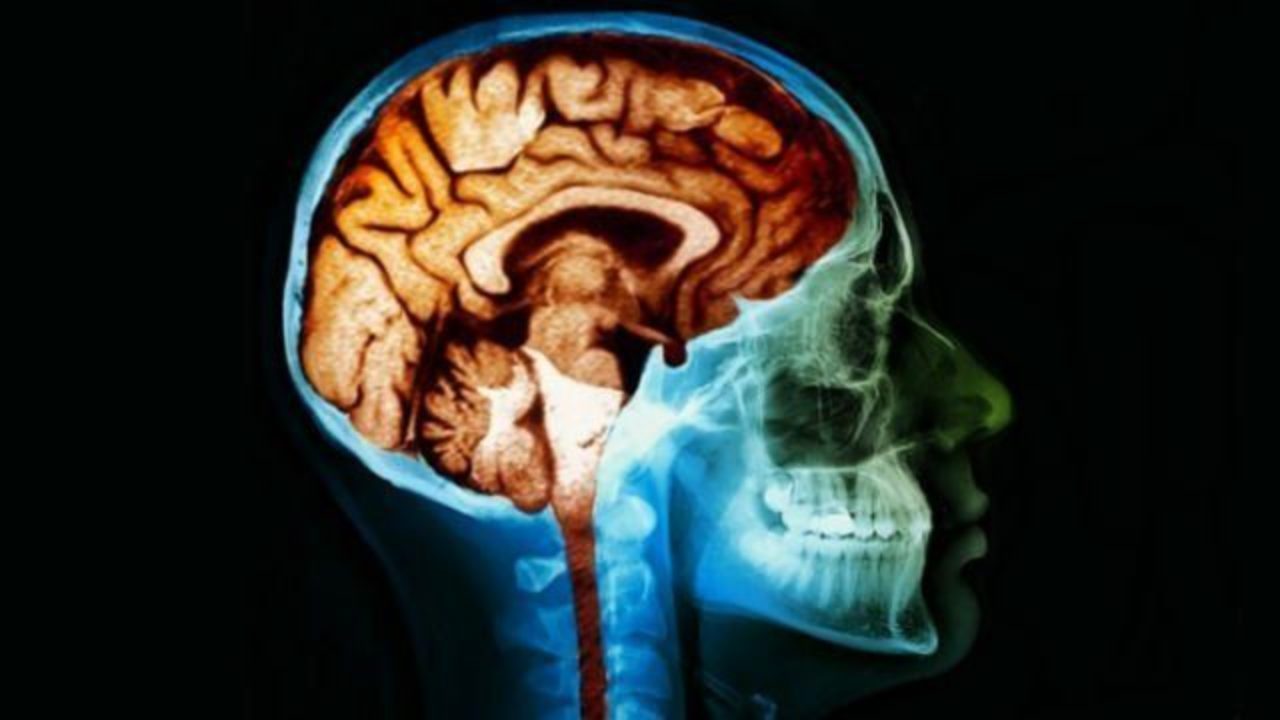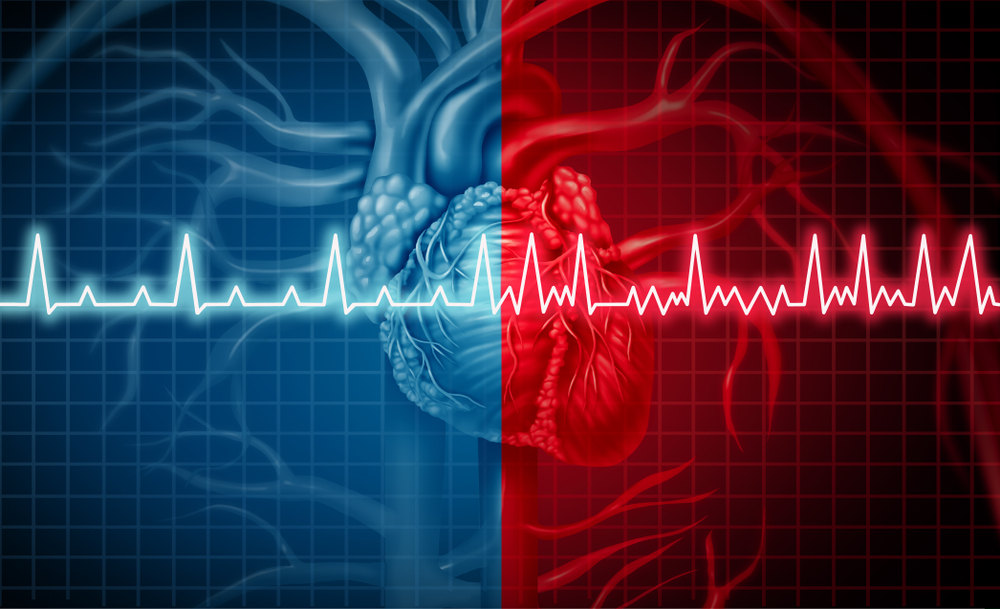How do you feel when someone insults you, verbally attacks you, or looks at you with eyes full of disapproval, contempt? When you feel threatened, judged, unappreciated and unloved? An angry reaction is triggered in you. You feel like a fire burning inside you, and this immediately makes you react explosively, screaming loudly or looking for the most unpleasant words to hurt the person who, in your opinion, caused your suffering. Anger is an emotion that, like all emotions, has its reason for being. In fact, it originated as a derivative of the survival instinct. It activates, in the brain, chemicals to trigger the reactions necessary to physically defend ourselves from violence (escape, attack, etc.). However, if these substances remain in our bloodstream for too long, they will not only have a toxic function for our body but also activate disproportionate and impulsive reactions. The initial illusory satisfaction, resulting from our angry reaction and the adrenaline that is activated, turns into discomfort, guilt, and frustration at hurting someone and failing to respond differently. But we can get rid of these pervasive and unpleasant emotions!Therefore, it is important to recognize in advance the signs of rising anger, of this flame that feeds on resentment and grows larger and larger until it creates an ungovernable fire. Does this mean that it is better to keep quiet and keep the anger inside? Wouldn’t it be worse to repress everything? We can use nonviolent communication, in which we acknowledge the right to our anger, say clearly what we think and how we feel, but not necessarily using aggressive words, which are harmful to all parties involved. For example, instead of pointing the finger by saying “you,” the person who needs to express his or her opinion about an injustice suffered can say “I” by expressing how he or she has felt “…assaulted, abused, judged, insulted, humiliated …” If we ask the question, “Will you allow me to tell you something unpleasant?” the other person has the option to agree or disagree. If he agrees to listen to you, it means that his brain is already ready to receive information. Let us remember that we can always make choices. Indeed, we are responsible for our actions, our language, our behavior, our emotions; we have the power to choose what is beneficial or toxic in our lives. Instead, we are not responsible for how others react or the state they are in. If we acknowledge our anger, if we look it in the face without denying it, we are already on the right track. We can then learn to regulate these outbursts, to limit them as much as possible or to transform them in a positive way to avoid being completely overrun by them.

Anger, sometimes a bad counselor
How do you feel when someone insults you, verbally attacks you, or looks at you with eyes full of disapproval, contempt?
When you feel threatened, judged, unappreciated and unloved? An


































































































